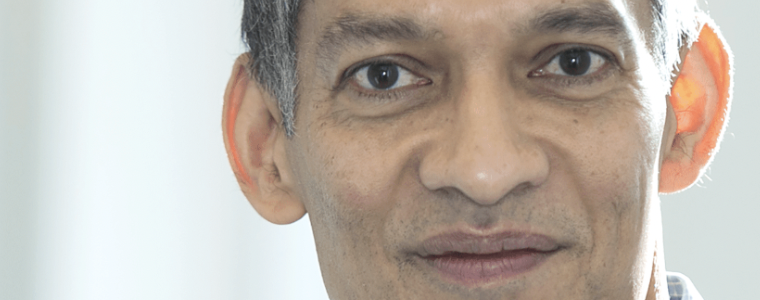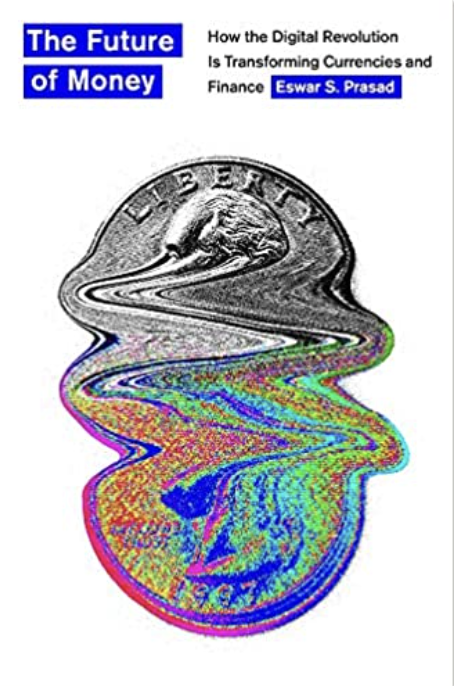
Crypto revolution


The digital transformation of money fundamentally rewrite how ordinary people live as Prasad foresees the end of physical cash, although the driving force won’t be phones or credit cards but rather central banks, spurred by the emergence of cryptocurrencies to develop their own, more stable digital currencies.
We bank from laptops and buy coffee with the wave of a phone that is financial innovation. Businesses and governments around the world embrace the possibilities of new financial technologies. According to Prasad the world of finance is at the threshold of major disruption that will affect corporations, bankers, states and indeed all of us. The transformation of money will fundamentally rewrite how ordinary people live.
Cryptocurrencies themselves will evolve unpredictably as global corporations like Facebook and Amazon join the game. The change will ne accompanied by snowballing innovations that are reshaping finance and have already begun to revolutionize how we invest, trade, insure, and manage risk.
The promise lies in the greater efficiency and flexibility, increased sensitivity to the needs of diverse consumers and improved market access for the unbanked. The risk is instability, lack of accountability, and erosion of privacy. The Future of Money reveals how to maximise the best and guard against the worst of what is to come.
Flat currency was created in the 13th century by Kublal Khan, grandson of Genghis Khan, money that get its value from the state declaring it has value, although Chinse merchants had been using deposit certificates since the 7th century.
Prasad explains we are in the midst of a new revolution, this time launched by private innovation. It all started with Bitcoin in 2009, the first digital money that needed no trusted third party- whether a government or commercial bank or payments processor such as Visa.
Prasad argues the financial system free of state power – decentralised record keeping that underpins cryptocurrencies which will become cheaper and more efficient payments.
Prasad sees an era of monetary separation between the state and private sector. While modern money mostly consists of bank deposits, the commercial bank depend on central banks to provide the reserves backing them and to administer interbank payments.
New technology will break apart this partnership. While state’s money will provide a store of value, private currencies will often be used to make payment.
Facebook’s cryptocurrency Diem could transform the creaky and expensive world of international payments.
At present cross border payments hop from bank to bank with each adding fees at every step and repeating costly anti-money laundering checks. Instead, transfers could take place by buying and sending Diem. That would often save poor migrants from having to handover to financial sector a big chunk of the remittances they want to send home.
The US dollar will remain dominant, but new rivals means its position will be more fragile.
Prasad’s prediction that the monetary balance of power will shift to private sector will depend not on the efficiency of centralised ledgers, but the state’s willingness to tolerate the challenge.
The Future of Money: How the Digital Revolution is Transforming currencies and Finance By Eswar S Prasad, Harvard $35 /Bleknap £28.95, 496 pages.

